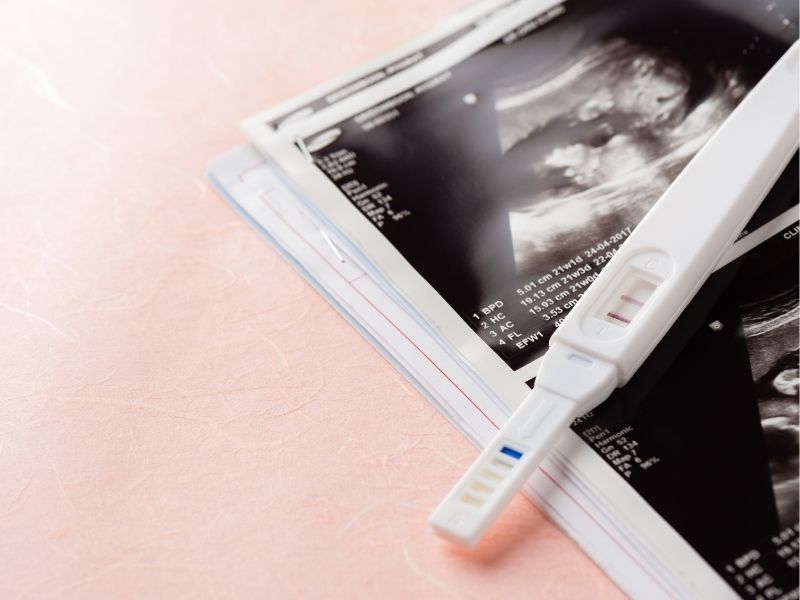What is IVF Pregnancy Week Calculation?
In pregnancies achieved through IVF, the exact timing of fertilization is known, allowing for a precise calculation of the due date. The method for calculating the pregnancy week in IVF depends on whether the embryo transferred is a 3-day or a 5-day embryo, as this affects the gestational age. The key factor in IVF pregnancy week calculation is the development stage of the embryo on the day of transfer.
How is Pregnancy Week Calculated for IVF?
In natural pregnancies, the pregnancy week is calculated based on the date of the last menstrual period. For IVF pregnancies, however, the method differs since gestational age in IVF begins from the embryo transfer date. This precise calculation method is essential for predicting the due date.
In IVF pregnancies, the embryo transfer date serves as the starting point of the pregnancy. To calculate the pregnancy week, it’s necessary to add a specific number of days to the transfer date, depending on the embryo’s development stage.
How to Calculate Pregnancy Week in IVF?
In the IVF calculation process, the embryo transfer date corresponds approximately to the end of the second week after the last menstrual period. Therefore, in IVF, calculating the pregnancy week involves adding about two weeks to the embryo transfer date. This approach also applies to frozen embryo transfers and twin pregnancies achieved through IVF.
For IVF pregnancy week calculation:
- If a 3-day embryo is transferred, add 17 days to the transfer date.
- If a 5-day embryo is transferred, add 19 days to the transfer date.
If you’d like to calculate your IVF pregnancy week, you can use the pregnancy week calculator on our website. Simply enter the “day of embryo transfer” and “embryo transfer date” to receive your estimated pregnancy week automatically.


Why is IVF Pregnancy Week Calculation Different?
In natural pregnancies, the pregnancy duration is calculated based on the last menstrual period (LMP), with the assumption that implantation occurs about 14 days after this date. By adding two weeks to the LMP, the pregnancy week can be estimated. However, using the LMP for IVF pregnancies can sometimes result in inaccurate calculations. For example, in frozen embryo transfers, if the uterine lining does not thicken within the usual 12–14 days, the embryo transfer may be delayed. Therefore, in IVF, it’s more accurate to calculate the pregnancy week based on the embryo transfer date.
Many websites offer automated “IVF Pregnancy Calculators,” which make this process easier. However, it’s best to use updated calculators to ensure accurate calculations.
How is the Due Date Calculated in IVF Pregnancies?
When calculating the due date for an IVF pregnancy, the embryo’s development stage at transfer is key. Considering a typical 40-week gestational period, the estimated due date is calculated as follows:
- For a 3-day embryo transfer: add 263 days to the transfer date.
- For a 5-day embryo transfer: add 261 days to the transfer date.
However, actual delivery dates may vary for each pregnancy.
What is Week-by-Week Pregnancy Calculation?
Week-by-week pregnancy calculation monitors the baby’s growth in weight and length at routine intervals and differs from determining the pregnancy week. For example, while the baby may be at 34 weeks based on the transfer date, its weight might correspond to a later stage of pregnancy. The critical reference point remains the pregnancy week based on the embryo transfer date.
Our website also features an “automated pregnancy week calculator.” Simply enter the “day of embryo transfer” and the “transfer date” to receive an accurate pregnancy week based on the latest calculations.
You May Also Interested In
It is a condition of decreased ovarian function in women younger than 40 years of age…
Read more






